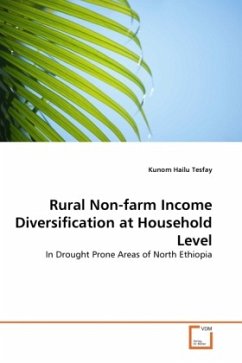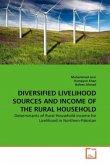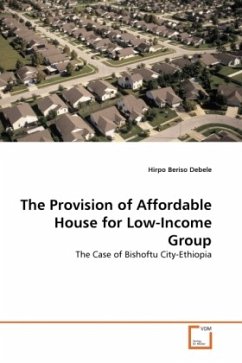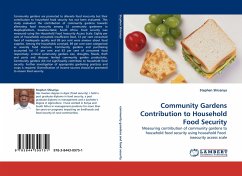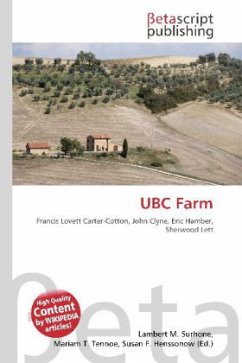Crop and livestock production is no longer the only sources of rural households' livelihood. Hence, many policy makers have an intense interest in promoting income-diversification activities via non- farm income diversification at household level. Thus, the study has attempted to identify how diversification is perceived and explored the major factors that determine rural household income diversification and assessed the implication of adopting non-farm income generating activities. A number of non-farm activities have been identified from which sand and stone quarrying, are the major one followed by livestock trading, pottery making and petty trading. Insufficient startup capital, absence of local infrastructure services, and lack of appropriate entrepreneurial skills are identified as the major constraints that hinder households' participation in non-farm income generating activities. Therefore, rural development policy should give emphasis to rural non-farm sector through improving access to credit, infrastructures and marketing information.

